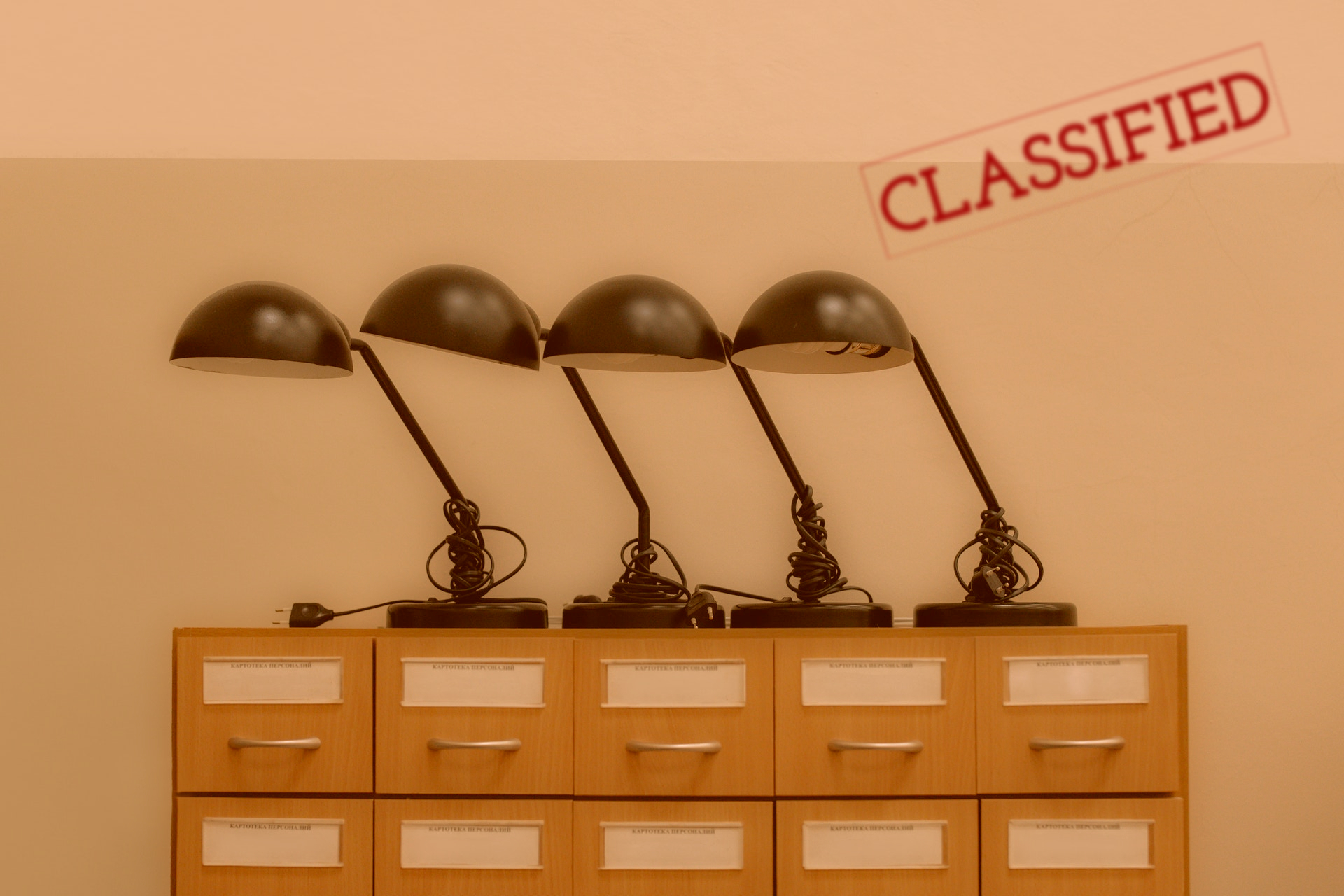
Documents that were top secret reveal the facts unknown to the public until now. Therefore, here are five examples of stories that shed new light on some of the Cold War moments.
1. The Stasi Modernized the Vietnamese Secret Police
The countries of the Warsaw Pact collaborated very closely on all important matters. One of the most interesting cold war facts is that the secret police of GDR, or the Stasi helped to modernize North Vietnam’s security apparatus. The Stasi had been helping them from the start of the Vietnam War until 1989. Therefore, on November 1, 1956, following the agreement on technical assistance, Tran Quoc Hoan, Minister of State Security for the DRV, wrote to Erich Mielke. He requested technological assistance in the “battle against the insidious American agents, who possess many modern technical devices.” The Vietnamese also wanted to send their people to GDR in order to improve their battle strategy.
2. Nicolae Ceauşescu Wanted Joint Warsaw Pact Action on August 19, 1989
Nicolae Ceauşescu was very alarmed by the Solidarity-led government in 1989. He saw the 1989 events in Poland as a great threat to socialism. So, on August 19th the Soviet ambassador in Bucharest, Evgenii Tyazhel’nikov, sent a message for Gorbachev from Ceauşescu. Tyazhel’nikov states Ceauşescu was “extremely agitated.” “Thus, the realization of Wałęsa’s idea has fully become a reality — a government in Poland without the Communists.” He was very anxious.
Mikhail Gorbachev and Nicolae Ceaușescu during a Warsaw Pact summit in Bucharest, Romania, 8th July 1989.
3. Mexican Intelligence Almost Derailed the Cuban Revolution
In an operation that happened on June 21, 1956, Mexican intelligence agents followed Fidel Castro and his fellow revolutionaries through the streets of Mexico City. When they arrived at the desired post, the agents seized a whole supply of weapons and arrested Castro and his companions. Thirty-eight caliber Star pistols, 30.06-caliber Winchester rifles with telescopic scopes, 30.06 caliber Mexican rifles, axes with leather cases and machetes with leather covers were just a part of the weaponry found by the officials. “The revolutionary movement against the government of Cuba, according to the confessions of the detainees, would take place approximately seven weeks from now”, said the arrest report.
4. For Soviets, the Olympic Games Were Enemy Territory
The fact is that participating in the Olympic Games was important, but it also meant interacting with the enemy. When he became the head of state, Leonid Brezhnev was aware of the importance of the event for Soviet sports, especially when it came to holding the Games in Moscow. But, as soon as the USSR became a member of the International Olympic Committee, problems started. In 1966, city candidates to host the Olympic Games were Munich and Madrid. The GDR pressured the Soviets not to vote for Munich, but Madrid represented everything that Communists didn’t like. Therefore, Madrid wasn’t another option. “Does this concern where to hold the next Olympic Games, in what city? Either in Munich or in Madrid? Both cities are unfortunate for us.”, Said one of the Soviet representatives at the 64th Session of the International Olympic Committee.
Soviet General Secretary Leonid Brezhnev at the opening ceremony of the Olympic village, Moscow 1980.
5. The Warsaw Treaty Members Weren’t Unanimous in the Agreements in The Second Half of The 1970’s
During the second half of the 1970’s, despite détente and Helsinki Accords in 1975, tension between the East and the West increased. Brezhnev saw a threat in the West because socialism was growing stronger. Therefore, he supported a closer collaboration of the socialist countries. At the sessions of the Warsaw Treaty Political Consultative Committee, that took place in Moscow on November 22 and 23 of 1978, Marshall Kulikov analyzed the situation, discussing the increased military expenditures of NATO member countries and emphasized the necessity of strengthening military power. Nicolae Ceauşescu didn’t accept that attitude. “If we accept them, we have to come to the conclusion that we are facing a conspicuous war and must adopt extraordinary measures, which does not correspond to reality.” he stated.
Ivana Tucak
4 thoughts on “Five Cold War Facts That Were Classified”